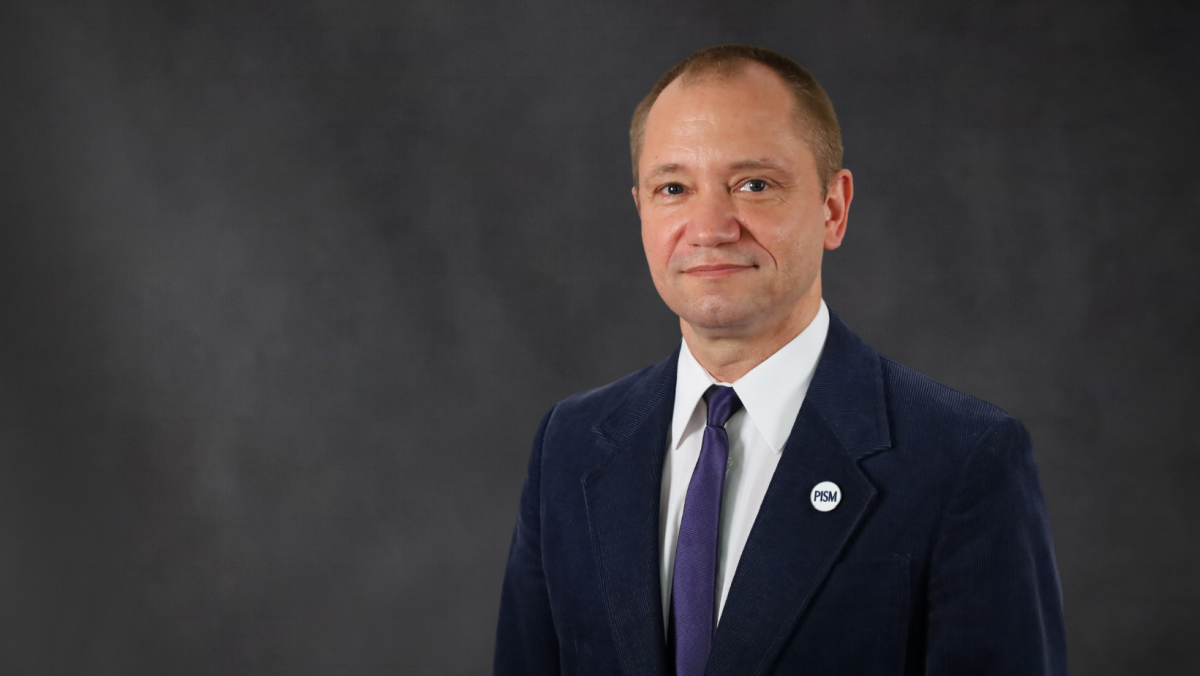UNSC Opens “Arria Formula” Meeting on Russia’s Occupation of Crimea

What is the legal status of the Crimean Peninsula?
Crimea is considered the territory of Ukraine but occupied by Russia. This means it is under the effective and, importantly, effectively exercised power of the Russian Federation (the Occupying Power). Occupation of a certain territory however, does not affect its legal status. This status is regulated by the relevant provisions of The Hague Convention of 1907 and the Fourth Geneva Convention of 1949. Because of Russia’s flagrant violation of legal obligations of fundamental importance for the entire international community, there is a legal obligation not to recognise the situation created by the annexation. This was reflected in Resolution 68/262 on the territorial integrity of Ukraine adopted in March 2014 by a majority of the UN General Assembly (GA).
What is the “Arria-Formula”?
Meetings held in this form are not regulated by the UN Charter or Security Council’s provisional rules of procedure. They take place based on established practice and consensus between members of the Security Council. They are usually closed, which enables the confidential and honest exchange of opinions. “Arria formula” meetings (named after the Venezuelan ambassador who created them) do not constitute UNSC meetings but can be convened on the initiative of UNSC members. They take place outside the council’s consultative room. All UNSC members should be invited. Invitations are sent by the organising mission and are not announced in the daily Journal of the United Nations. Given the importance of the problem, the meeting on the occupation of Crimea was open to journalists and all UN members were invited (as observers).
What are the UNSC’s options for action in the case of Crimea?
The UNSC bears the primary responsibility for maintaining international peace and security. It should act on behalf of all UN members. In the case of Crimea, however, it is not possible for it to fulfil this mandate because the flagrant violation of international law has been committed by a state that is a permanent member of the council, which has the right of veto and can block the work of the council. This makes it necessary for other members to gather in informal meetings despite the resistance of the permanent member, or appeal to the UNGA, where decisions are made by majority. The “Arria-formula” meeting, co-organised by Poland, shows that this form of contact can play a big role by increasing the costs (including to its image) to a state that does not respect international law.
What are the prospects for a UN peacekeeping mission to Ukraine?
Both Russia and Ukraine in September 2017 submitted proposals for the introduction of a peacekeeping mission to Donbas in eastern Ukraine. Russia sees the possibility of the dislocation of peacekeeping forces along the “line of separation” between areas of the Donetsk and Luhansk oblasts and the rest of the territory of Ukraine. On the issue of Crimea, it presents an intransigent position: Russia considers the peninsula its territory. The presence of a peacekeeping force in Donbas could, however, limit the armed forces and number of victims, which is why this topic most likely will be revisited by the UNSC. To introduce the force, a consensus of the permanent members of the Security Council and the consent of Ukraine are vital. Taking up the issue of the legal status of Crimea as an occupied territory in the open meeting also allows for a public reminder that the list of disputes involving Ukraine is wider than just the peninsula.




